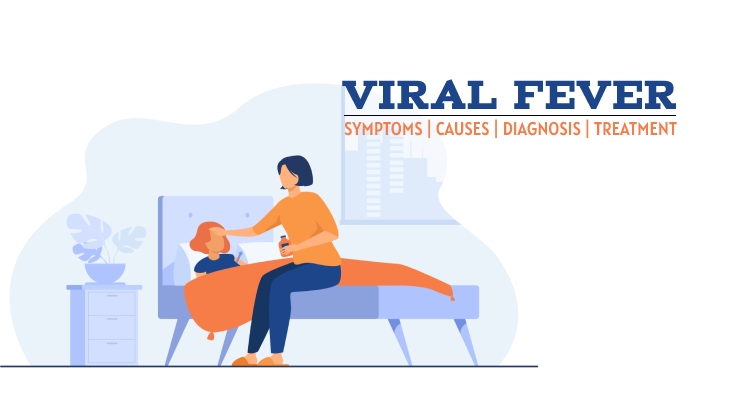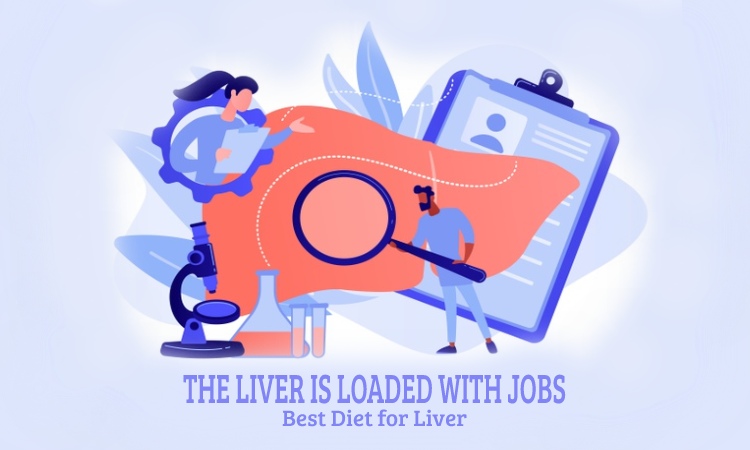Winter's Impact on Digestive Health: Tips & Seasonal Remedies
.jpg)
The digestive system is one of the most important body systems. It is responsible for breaking down the foods we eat and absorbing the nutrients released by them. Winter can impact your eating habits, and consequently, your digestive system in a number of ways. It is therefore important that you take extra care of your digestive system in winter.
Sluggish Metabolism
In winter, your body preserves energy to maintain normal body temperature. This slows down your metabolism. Slow metabolism can lead to digestive problems such as gas, constipation, diarrhea, and bloating. Exercise regularly and drink plenty of water to speed up your metabolism.
Dehydration
Winter dehydration is a real risk. A healthy person may feel 40% less thirsty in winter than in summer. As a result, their water intake can decrease, which can lead to winter dehydration. Dehydration is a common cause of constipation, bloating, and acid reflux. It can disrupt the balance of the gut microbiome and lead to malabsorption.
Dietary Changes
In winter, people often crave comfort foods such as deep-fried and sugary snacks that are laden with empty calories. These foods can cause digestive problems, lead to weight gain, and release harmful chemicals that can damage the wall of your gut. Long-term consumption of unhealthy foods can lead to non-alcoholic fatty liver disease or NAFLD.
Seasonal Affective Disorder
Or SAD, also known as winter depression is a type of depression that occurs in the winter and fall. Some common symptoms of the disorder include lethargy or lack of energy, reduced interest in activities you enjoy, and feelings of hopelessness. It can lead to changes in eating habits, and cause carbohydrate cravings. You may develop an eating disorder and overeat or undereat, which can affect gut health.
Poor Gut Health
The microbes including bacteria in our gut synthesize nutrients, break down proteins, carbohydrates and other nutrients, and produce short-chain fatty acids that help maintain good gut health. Seasonal dietary shifts and physical inactivity in winter can harm the beneficial bacteria in your gut, causing digestive problems such as indigestion and bloating.
Tips to Improve Digestive Health in Winter
Here are our top tips for improving digestive health in winter.
Eat Warm, Cooked Foods
Add broth-based soups, lentils, veggies, or lentils to your diet. Use winter spices such as cinnamon, black pepper, turmeric, ginger, cardamom, and cloves. Consume salads and raw vegetables in moderation as they are harder to digest and can send your digestive system into overdrive.
Stay Hydrated
To drink more water in winter, carry a reusable water bottle with you wherever you go. Using an app, remind yourself to drink more water.Add fresh fruits and herbs to water. Drink a glass of water after waking up in the morning and after each meal. Eat water-rich fruits such as watermelon, cucumbers, and oranges.
Eat High-fiber Foods
High-fiber foods such as oats, brussels sprouts, almonds, chia seeds, and split peas can help prevent constipation by softening stool. Fiber nourishes good gut bacteria and may help lower your risk of colon disease.
Add Probiotic Foods to Your Diet
Probiotics are bacteria that offer a number of health benefits. In addition to improving digestive health, they can boost immunity and help cope with depression. To improve gut health, add probiotic foods such as yogurt, kefir, sauerkraut, kimchi, and miso to your diet.
Control Portion Sizes
To steer clear of digestive problems in winter, stop overeating. Instead eat smaller meals frequently. Here are some ways to control portion size
-
Use smaller plates and bowls
-
Portion snacks into small containers
-
Fill at least 50% of your plate with fresh vegetables
-
Practice mindful eating
-
Drink water before each meal
-
Do not watch television or scroll your phone while eating
Exercise Regularly
Physical activity can improve gut motility, boost metabolism, and strengthen core muscles (which can improve and reset gut health). Aim to exercise at least 20-30 minutes everyday.
Star Imaging & Path Lab Ltd. is a reliable diagnostic center in Delhi. We use state of the art imaging equipment designed to capture high-resolution images of internal organs. Have questions about our imaging services? Call 011-4560-2200.





_vs_Covid-19_How_the_Two_Viruses_Differ_and_Why_It_Matters_(1).jpg)

.jpg)

_vs_Covid-19_How_the_Two_Viruses_Differ_and_Why_It_Matters.jpg)




Comments List